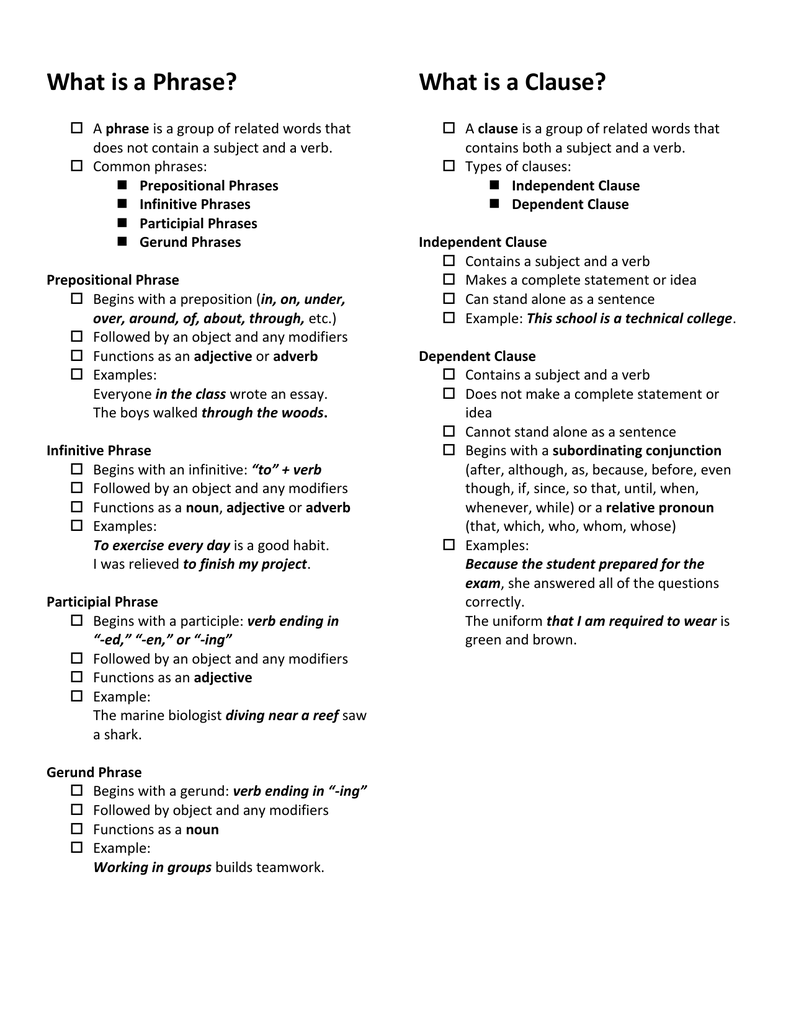The negative is οὐ when the relative clause approximates ὥστε οὐ with the indicative as is generally the case when the main clause is negative expressed or implied.
Result clause infinitive attic greek.
The infinitive mood is a verbal noun.
It is used mainly to express acts.
The infinitive in ancient greek goes beyond this.
Unlike most other subordinate clauses in english infinitive clauses are not introduced by a subordinating conjunction.
Relative clauses of result consecutive relative clauses usually take the indicative for οἷος ὅσος with the infinitive see 2497.
When a consequence is stated without affirming or denying its actual occurrence the infinitive is in place.
The verb of the ὥστε clause is in the indicative.
This happens quite often in patristic writings and it is good to keep this quote handy from donald j.
As discussed above the tenses of the subjunctive reflect aspect not time.
The greek subjunctive.
Mastronarde s book introduction to attic greek.
The infinitive takes on a different use if an article is found in front of it.
The infinitive clause is called a clause because it may contain such clausal elements as a subject object complement or modifier.
Purpose is expressed 3 times more often than result so try this category first.
The gap between the so and the that in the result clause is important.
He spoke so well that he won over the crowd.
The word ὥστε when used as a conjunction means so that or that the conjunction is used to introduce result clauses which indicate the consequences or results of the action of the main clause s 2249 2259.
As a result it may be no surprise to learn that the present and aorist are the most common tenses of the subjunctive that you will encounter.
The ancient greek infinitive is a non finite verb form sometimes called a verb mood with no endings for person or number but it is unlike in modern english inflected for tense and voice for a general introduction in the grammatical formation and the morphology of the ancient greek infinitive see here and for further information see these tables.
A clause of result with ὥστε stating that something may occur in consequence of an intention tendency capacity and in general in consequence of the nature of an object or action is regularly expressed by the infinitive.
τὸ ἄρχειν πόνον φέρει.
A result clause indicates the result of the action of the main clause.
Result so that so as to with the result that the infinitive of result indicates the outcome produced by the controlling verb.
27 31 they led him away in order to crucify him infinitive of result pp.
2 2 we have come in order to worship him matt.
Notice that structural formation may overlap with infinitive of result.
The greek equivalent of so in the previous example is οὑτως and the greek equivalent of that is ὥστε.










